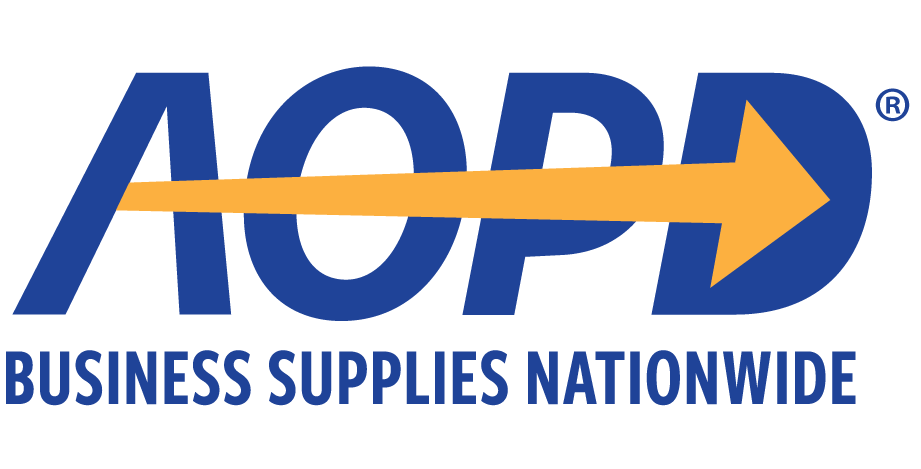
Meetings that are unstructured or poorly planned usually end up being a waste of everybody’s time. Here’s how a little organization will ensure that your meetings are well focused and productive.
Follow these three principles when preparing for your next meeting:
- Plan ahead.
- Be prepared.
- Control and capture.
You’ll feel more confident about your presentations and your ability to get the results you want from all participants. We recommend using report covers with a clear poly front to distribute meeting handouts.
Plan Ahead
- Productive meetings happen if you plan for their success. Make sure you have a clear objective and set a defined agenda. Allow enough time to reach the goal, and schedule the meeting time accordingly. If you want to keep it short, schedule it for late in the day.
- Invite only the people who will contribute to the objective. Meetings of more than six people tend to get less accomplished.
- Send invitations early and be clear about location, date, time and the objective of the meeting. Follow up with a reminder in a different format. If your invitation is sent via e-mail, follow up with a phone call.
Be Prepared
- Make sure that everything will be ready at your meeting. Double check that your equipment, venue, handouts, refreshments, and presentations are lined up well in advance. Rehearse your presentation to smooth out any rough spots.
- Use Report Covers with Clear Poly Front to hold meeting handouts. The clear front panel allows you to include a cover page, or make the meeting agenda easily visible. Fasteners in standard three-hole position let you bind in up to 1/2 inch of material.
- If you want participants to be familiar with the material to be covered, send it out ahead of time. Include the agenda, list of participants and the date, time and location of the meeting.
Control and Capture
- Begin on time and stick to the agenda. Allow attendees to contribute ideas, but don’t let the meeting get off track. Keep an eye on the clock to make sure the entire agenda gets covered in the time allowed.
- Appoint a person to take notes during the meeting. Capture all ideas and issues that need further action. Consider recording long meetings with audio or video so that no important information is lost.
- After the meeting, extract the most important points into a concise minutes document. Distribute the minutes to attendees, highlighting action items that require further activity.



